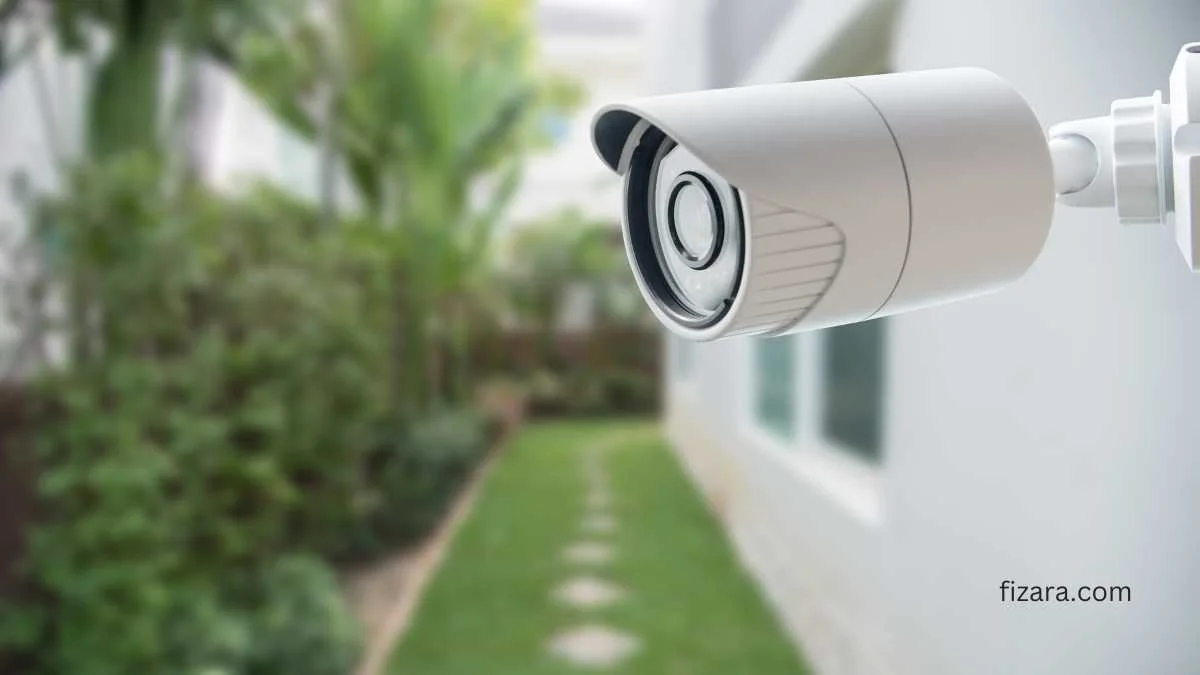Security is a top priority for both companies and homeowners in the modern digital era. Even if they work well, traditional security systems can be difficult to install and maintain. With several benefits that improve security and give flexibility and convenience of use, wireless security cameras have become a popular and practical substitute. To explain why wireless security cameras are becoming a more and more popular option for contemporary security requirements, this article examines four major advantages of using them.
Easy Installation and Flexibility
The ease of installation is one of the main advantages of investing in a security camera system. Wireless cameras are easy to install, fast, and don’t require expert setup or substantial wiring like wired systems do. Because of their simplicity, cameras may be installed wherever they are most required, free from the trouble of having to run wires through walls and ceilings or worry about being close to power outlets.
When security requirements change, wireless cameras’ adaptability makes repositioning simple. Wireless cameras simplify the procedure of moving a camera to a different location or adjusting the angle for greater coverage. Businesses that may need to adjust their security structure in response to changing operational requirements or growing security threats will find this flexibility very helpful. Furthermore, wireless security cameras are an affordable option for extensive coverage since they can be quickly expanded by adding more cameras without requiring significant repairs to the system.
Remote Monitoring and Accessibility
Wireless security cameras provide the substantial benefits of accessibility and remote monitoring. Users using smartphones, tablets, or PCs with internet connection may see recorded video and live streams from any location in the globe. With the opportunity to check in on their property from anywhere at any time, property owners may feel more at ease.
Homeowners who travel frequently or company owners who have many sites to maintain will find remote monitoring very helpful. Users may be certain that they are always informed about any security events by having the option to get real-time alerts and messages whenever motion is detected. Some wireless cameras include advanced capabilities like two-way audio that allow for direct contact with anybody on the property. This improves security even further by enabling prompt action in the event of suspicious conduct.
Scalability and Integration
Due to its tremendous scalability, wireless security cameras are the best option for developing residential or commercial buildings. More cameras may be easily added to the system without requiring complicated rewiring or time-consuming setup as security requirements grow. Because of its scalability, your security system may grow to meet your needs and continue to guard your property even as it gets bigger.
Moreover, wireless security cameras can frequently interface with other smart security equipment for homes or businesses. With this connection, an all-encompassing security ecosystem with motion sensors, smart locks, and alarm systems that can be managed from a single interface may be created. Wireless cameras’ capacity to work with other security systems improves overall security by giving systems a more resilient and responsive framework that can respond to a range of threats and situations.
Cost-Effectiveness and Maintenance
The affordability of wireless security cameras is another important advantage. Lower initial setup expenses can be attributed to the lack of substantial wiring and the decreased requirement for expert installation. Furthermore, a lot of wireless cameras run on batteries, which removes the requirement for electrical wiring and simplifies installation.
Compared to wired systems, maintaining wireless security cameras is much simpler. Physical cords are not present with battery-powered cameras. Therefore there is less chance of wear and tear that might jeopardize system integrity. Additionally, battery-powered cameras are simple to repair or recharge. Updating the security system with new software and using remote troubleshooting tools makes maintenance even easier while guaranteeing that it stays current and operational without requiring regular on-site visits.
Conclusion
Many advantages make wireless security cameras an appealing choice for contemporary security requirements. Their versatility and ease of installation enable quick and flexible deployment, and their accessibility and remote monitoring provide convenience and peace of mind. Wireless cameras’ scalability and integration potential guarantee that security systems may develop and expand along with the assets they guard. Finally, wireless security cameras are an affordable and practical option due to their low maintenance needs and cost-effectiveness.









